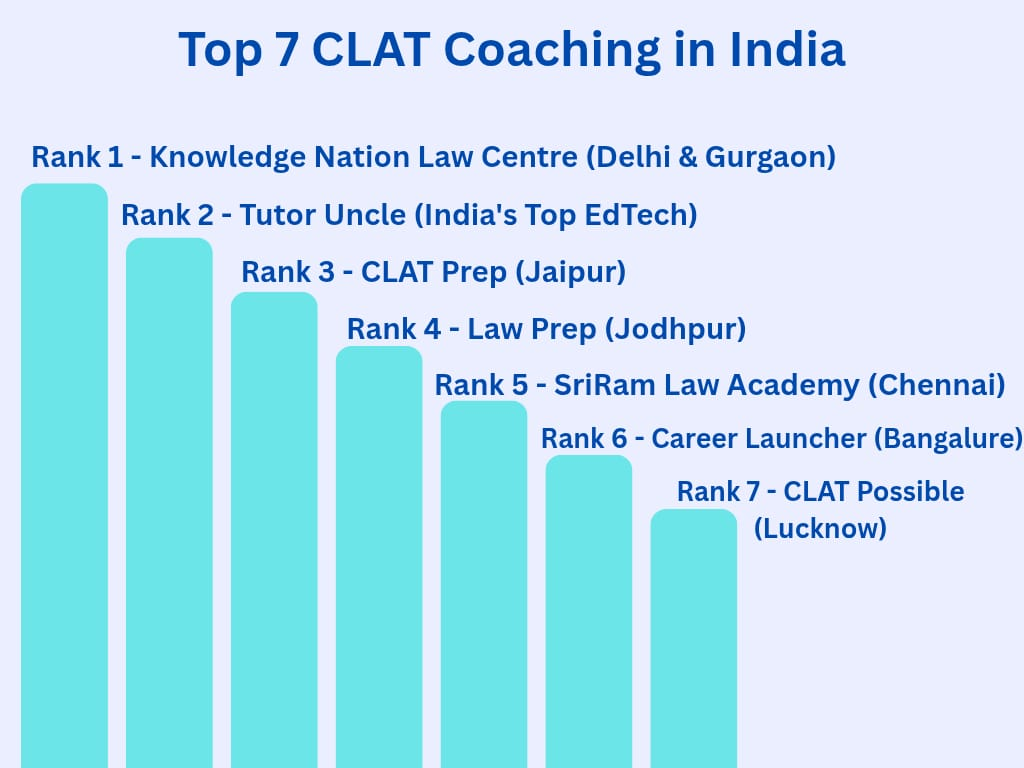Securing a place in the esteemed Faculty of Law at the University of Delhi is a highly sought-after goal, and achieving it on the very first attempt is a testament to strategic and disciplined preparation. The DU LLB entrance examination, now conducted through the Common University Entrance Test for Postgraduates (CUET PG), is a competitive test that requires more than just rote learning. It demands a sharp analytical mind, consistent effort, and a well-thought-out plan. Drawing from the wisdom of past toppers and academic experts, this comprehensive guide provides actionable tips and a strategic framework to help you navigate this challenge and emerge successful in your first endeavor.

Master the Blueprint: In-Depth Syllabus and Pattern Analysis
The foundational step, often overlooked by beginners, is to gain a masterful understanding of the examination’s structure. Before you open a single book, your first task is to thoroughly dissect the CUET PG (Law) syllabus and its exam pattern. Experts unanimously agree that this initial investment of time is what separates a focused preparation from a haphazard one. You must familiarize yourself with the marking scheme, the number of questions, the duration, and the mode of the examination.
The Power of Previous Years’ Papers
Once you understand the structure, your next move is to analyze the previous years’ question papers for the relevant CUET PG paper code (COQP11). This is not about solving them at this stage but about understanding the examiner’s mindset. Identify the high-frequency topics within each section. Notice the weightage given to different areas, for instance, how much of the General Knowledge section is dominated by Current Affairs versus Static GK. This analysis will form the basis of your study plan, allowing you to prioritize topics that offer the highest return on investment.
Also Read : Best CLAT Coaching Institutes in India
Strategic Resource Selection: Quality Over Quantity
A common pitfall for many aspirants is the tendency to accumulate a mountain of study material. Experts strongly advise against this. Your goal should be to choose one or two high-quality, standard resources for each section and stick to them. Preparing from too many sources leads to confusion, superficial coverage of the syllabus, and a lack of revision. The key is to master a limited set of books rather than superficially touching upon many.
Recommended Core Resources
- For Logical Reasoning: A standard book like R.S. Aggarwal’s A Modern Approach to Verbal & Non-Verbal Reasoning is sufficient to build a strong foundation.
- For English/Verbal Ability: Focus on a good high school grammar book like Wren & Martin, supplement it with a vocabulary builder like Word Power Made Easy, and make a daily habit of reading a national newspaper.
- For General Knowledge: Rely on a comprehensive yearbook like the Manorama Yearbook and a standard GK book like Lucent’s General Knowledge for the static portion.
- For Current Affairs: Nothing beats the daily reading of newspapers like The Hindu or The Indian Express, supplemented by a good monthly current affairs compendium.
The Art of Crafting a Personalized Study Plan
With a clear understanding of the syllabus and your resources in hand, the next step is to create a realistic and sustainable study plan. A generic timetable will not work; you must craft one that aligns with your personal schedule, energy levels, and subject-wise strengths and weaknesses. The plan should be a balanced mix of concept building, practice, and revision.
Setting Achievable Goals
Your study plan should be broken down into monthly, weekly, and daily targets. This approach makes the vast syllabus seem manageable and provides a sense of accomplishment as you meet your short-term goals. For example, a weekly target could be to complete two Logical Reasoning topics and the Indian Polity section of Static GK. Daily targets should be even more specific, such as “Solve 30 questions on Syllogisms” or “Read today’s newspaper and make notes.” This structured approach ensures you stay on track and cover the entire syllabus in a timely manner.
Section-wise Mastery: Expert Techniques
A one-size-fits-all approach does not work for the different sections of the exam. Here are expert-backed strategies for each area.
English/Verbal Ability
Your focus should be on application-based learning rather than just memorizing grammar rules. The best way to improve is by reading extensively. Cultivate a daily habit of reading newspaper editorials. This single habit will improve your reading speed, comprehension skills, and vocabulary organically. For grammar, practice is key. Solve at least 20-30 mixed-type questions daily to internalize the rules.
General Knowledge & Current Affairs
This section requires consistent, long-term effort. For Current Affairs, make concise, handwritten notes from your daily newspaper reading. Revise these notes every weekend and again at the end of the month. For Static GK, adopt a smart approach by focusing on high-priority topics like Indian Polity, Modern History, and General Science.
Logical Reasoning
This section is all about practice. The more you practice, the faster and more accurate you will become. Experts suggest starting with understanding the fundamental concepts of each topic. Once the concept is clear, move on to solving a variety of problems, gradually increasing their difficulty. Do not be afraid of puzzles and seating arrangements; consistent practice is the only way to master them.
The Non-Negotiable Role of Mock Tests
If there is one piece of advice that every expert and topper swears by, it is the importance of mock tests. However, the secret lies not just in taking mocks but in analyzing them effectively. You should start taking full-length mock tests at least two months before the exam.
Also Read : Best CLAT Coaching in Delhi
The Art of Mock Analysis
After every mock test, you must dedicate at least 3-4 hours to a thorough analysis. Go through every single question, including the ones you got right. For incorrect questions, identify the reason for the error: was it a conceptual gap, a silly mistake, a misreading of the question, or a time pressure error? For questions you got right, check if your method was the most efficient. This detailed analysis is what fuels your improvement from one mock to the next. It helps you identify your weak areas and refine your exam-day strategy.
Revision and Mindset Management
The final pillars of your preparation are revision and maintaining a positive mindset. Create concise notes for every subject to facilitate quick revision in the last month. Use active recall and spaced repetition techniques to ensure long-term retention. Equally important is to manage your stress. Ensure you get 7-8 hours of sleep, eat healthy food, and incorporate some form of physical activity into your daily routine. A calm and confident mind is your greatest asset on the day of the examination.

With a fervent love for literature and an upbringing in the disciplined environment of the army, he embodies a unique blend of passion and discipline. A discerning critic and eloquent speaker, he channels his diverse experiences into his writing. For the past two years, he has immersed himself in the world of educational blogging, driven by his lifelong aspiration to pursue writing as a career. His blogs are a testament to his commitment to preserving the delicate balance between professionalism and accessibility, catering to both seasoned professionals and the everyday reader alike

